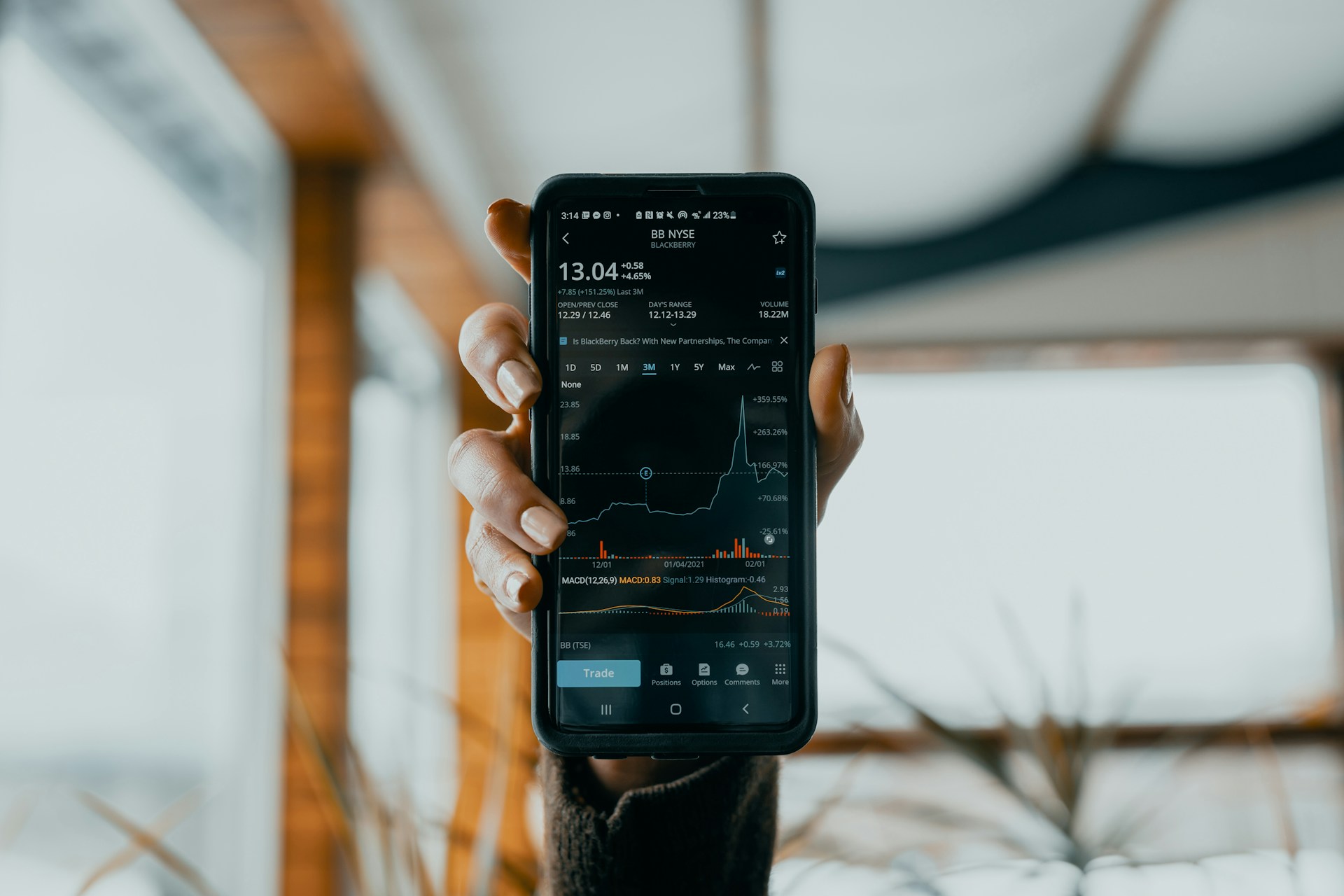Introduction
The forex market, also known as the foreign exchange market, is the largest and most liquid financial market in the world. It involves the buying and selling of currencies, with trillions of dollars traded daily. While technical and fundamental analysis are crucial for trading currencies, the role of psychology cannot be overstated. Understanding the psychological aspects of trading can help traders make more informed decisions and improve their overall trading performance. If you’re looking to enhance your understanding of forex trading psychology, consider seeking guidance from a reliable source, an investment education firm, and discover more about their offerings and expertise.
The Role of Emotions in Forex Trading
Emotions play a significant role in forex trading, often leading to irrational decision-making. Fear and greed are two emotions that can have a profound impact on traders. Fear can cause traders to exit trades prematurely or avoid taking risks, even when the potential rewards outweigh the risks. On the other hand, greed can lead to overtrading and taking on excessive risk in pursuit of higher profits.
Another common emotion that affects traders is overconfidence. Overconfident traders tend to overestimate their abilities and take on more risk than they should. This can lead to significant losses if the market moves against them.
Common Psychological Biases in Forex Trading
Psychological biases can distort a trader’s perception of reality and lead to poor decision-making. One common bias is confirmation bias, where traders seek out information that confirms their existing beliefs while ignoring contradictory evidence. This can lead to missed trading opportunities or holding onto losing trades for too long.
Loss aversion is another bias that can impact traders. This bias refers to the tendency to prefer avoiding losses over acquiring gains of the same magnitude. Traders who are loss-averse may hold onto losing trades in the hope that they will turn around, leading to larger losses.
Anchoring bias is a cognitive bias that causes traders to rely too heavily on the first piece of information they receive (the “anchor”) when making decisions. This can lead to inaccurate assessments of the market and suboptimal trading decisions.

Understanding Market Sentiment
Market sentiment refers to the overall attitude of traders towards a particular currency pair. It is influenced by a variety of factors, including economic indicators, geopolitical events, and news releases. Traders often use sentiment analysis to gauge the mood of the market and make informed trading decisions.
Economic indicators, such as GDP growth, inflation, and employment figures, can have a significant impact on market sentiment. Positive economic data can lead to a bullish outlook for a currency, while negative data can lead to a bearish outlook.
Geopolitical events, such as wars, elections, and natural disasters, can also affect market sentiment. Traders often monitor geopolitical events closely and adjust their trading strategies accordingly.
The Psychology Behind Major Currency Movements
Major currency movements are often driven by a combination of economic fundamentals and trader sentiment. Economic indicators, such as interest rate decisions and employment figures, can have a significant impact on currency prices. For example, a central bank raising interest rates is generally seen as bullish for the currency, as it indicates a strong economy.
Geopolitical events can also impact currency prices. For example, political instability in a country can lead to a depreciation of its currency, as investors perceive it as a higher risk.
Psychological Strategies for Forex Traders
One of the most important psychological strategies for forex traders is to maintain discipline. This means sticking to a trading plan and not letting emotions dictate trading decisions. Traders should also avoid making impulsive decisions based on short-term market movements.
Having a trading plan is essential for forex traders. A trading plan outlines a trader’s goals, risk tolerance, and trading strategy. By following a trading plan, traders can avoid making emotional decisions and stick to their predetermined strategy.
Conclusion
In conclusion, the psychology of currency markets plays a crucial role in forex trading. By understanding the impact of emotions and psychological biases, traders can make more informed decisions and improve their overall trading performance. Traders should also pay attention to market sentiment and major currency movements, as these can provide valuable insights into market trends. By following psychological strategies and maintaining discipline, traders can increase their chances of success in the forex market.






